
Uncertainty Looms in Nepal’s Political Landscape
Nepal is currently engulfed in a whirlwind of political uncertainty following the collapse of the alliance between the Maoist Center, CPN-UML, and the Rastriya Swatantra Party (RSP). This breakdown has plunged the country into a state of disarray, with significant ramifications for its governance and stability.
The turmoil began when an agreement to form a government of national consensus was struck between the Nepali Congress and the CPN-UML, sidelining Prime Minister Pushpa Kamal Dahal ‘Prachanda’ and his Maoist Center party into a minority position. At present, Prime Minister Dahal commands the support of only 80 Members of Parliament, including 32 from his own Maoist Center party and other smaller parties like the RSP.
The CPN-UML, now the largest party in the alliance, has intensified pressure on Prime Minister Dahal to step down, citing the need for a smooth transition of power. During a recent meeting between UML Chairman KP Oli and Prime Minister Dahal, the former urged the latter to resign, warning of alternative constitutional measures if necessary.
Despite mounting pressure, Prime Minister Dahal remains steadfast in his refusal to resign. A meeting of Maoist Center office bearers convened at the Prime Minister’s official residence in Baluwatar concluded that instead of stepping down, they would seek a vote of confidence from Parliament, invoking Article 100 of the Constitution. This article mandates that a Prime Minister must seek a vote of confidence within thirty days if their party faces internal divisions or withdraws from the government.
As Nepal navigates through these turbulent political waters, all eyes are on the unfolding dynamics and the constitutional procedures that will dictate the country’s future leadership. The next crucial step hinges on whether Prime Minister Dahal can secure the necessary vote of confidence within the stipulated timeframe.
Should Prime Minister Dahal fail to garner the required support, the constitutional process to form a new government will kick in. According to Article 76 of the Constitution, specifically clause 3, the largest party in the House of Representatives — currently the Nepali Congress — would be mandated to stake its claim to form a new government.
Meanwhile, the Rastriya Swatantra Party (RSP), a significant coalition partner, has opted to stay within the government framework, contingent upon Prime Minister Dahal’s resignation. Their stance adds another layer of complexity to an already volatile political landscape.
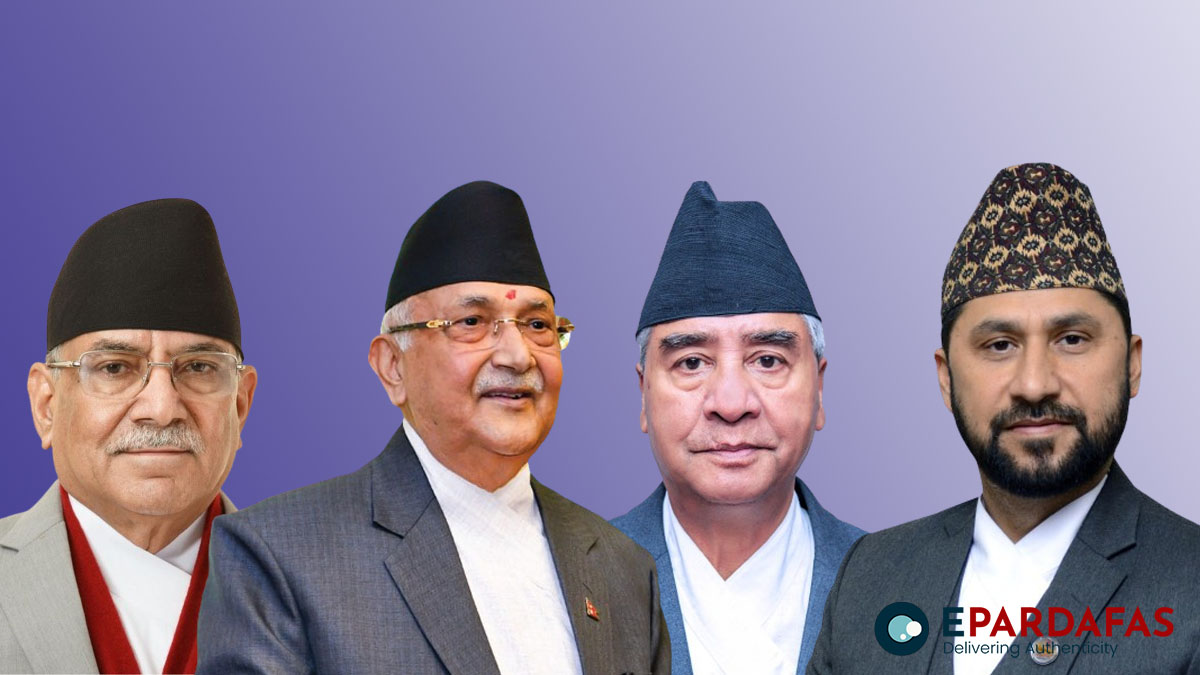


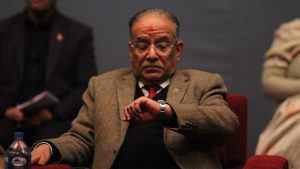

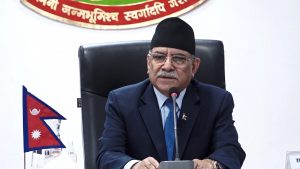
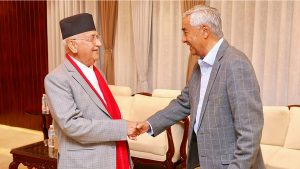

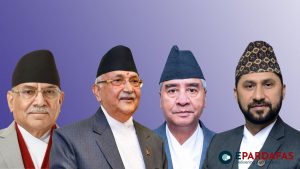






Comments